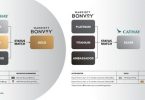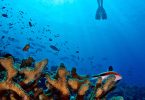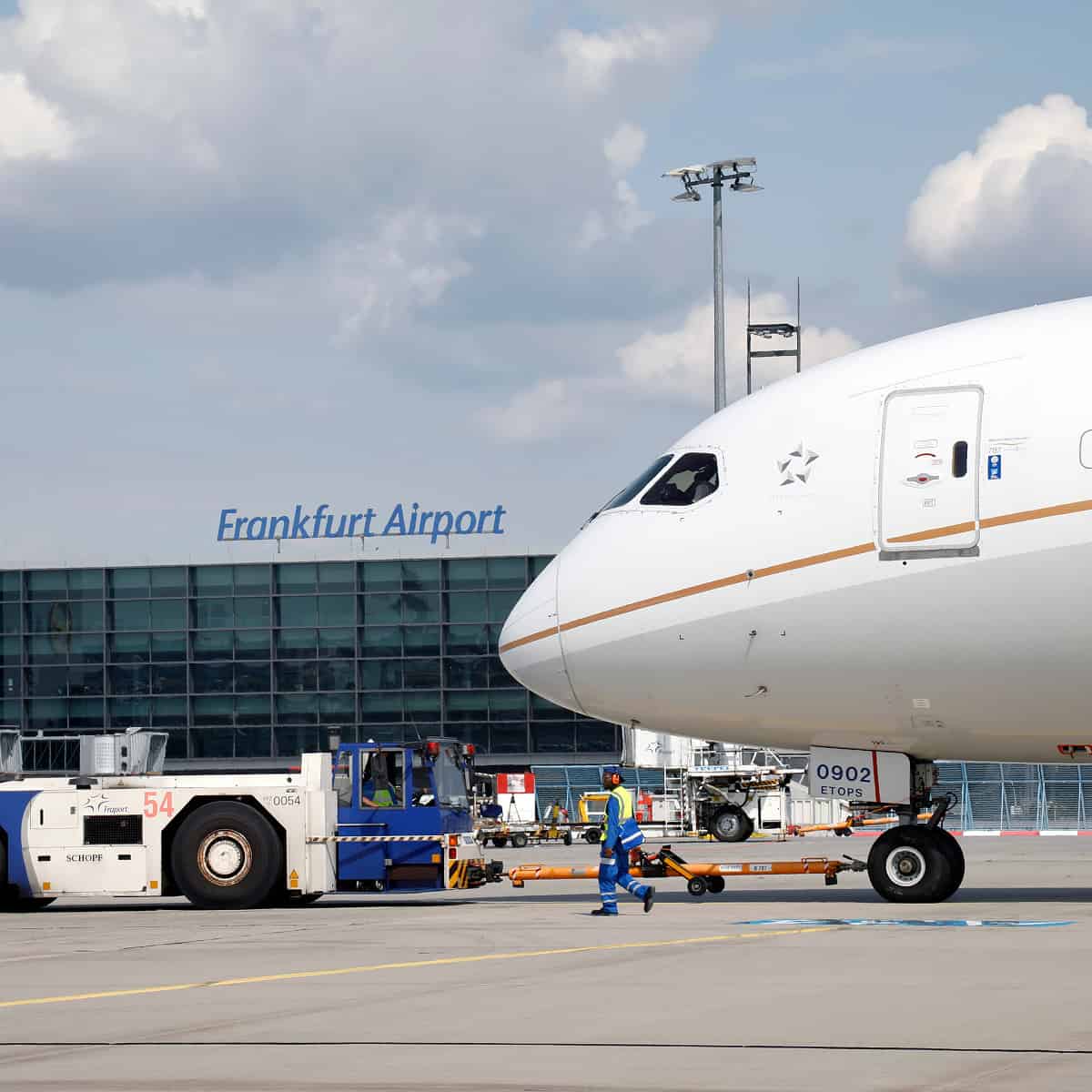Panelists convened at an event in Berlin, Germany, on the occasion of ITB – the world’s largest tourism fair – and concurred today that record poaching levels of rhinos and elephants are not only threatening the basis of tourism but also tourism-based development options in Africa.
In his opening remarks, Hon. Moses Kalongashawa, Minister of Tourism and Culture of Malawi and Chair of the Southern African Development Community (SADC) Ministers responsible for Tourism, detailed that the issue of poaching is of a huge concern and that Africa is losing wildlife at record rates each year to poachers and illegal trade. He further clarified that this is because of organized crime and syndicates in elephant and rhino poaching in Africa and that criminals now deploy advanced technologies ranging from night vision scopes, silenced weapons, darting equipment, and helicopters to carry out their missions.
In the following keynote address, Mr. Les Carlisle, Group Conservation Manager at &beyond, a conservation-lead safari lodge operator in Africa and Asia, reflected on the challenge of poaching from a private sector perspective. He highlighted that poaching presents a critical threat to wildlife-based tourism operations and that the private sector plays an important role in facing this serious challenge. He underlined the importance of working closely with local communities and ensuring long-term income and benefits, which are key in protecting wildlife and sustaining the parks. According to Mr. Carlisle, “Investment in local community development around our company’s wildlife areas is really producing dividends in the intelligence required for pro-active, anti-poaching actions.”
Mr. Sem Shikongo, Director of Tourism and Gaming at the Namibian Ministry of Environment and Tourism and Board Chairperson of the Regional Tourism Organization of Southern Africa (RETOSA), confirmed that community-based initiatives in Namibia are already suffering from the impact of poaching and that wildlife crime is depriving Africa of its tourism-based development options. Klemens Riha of GIZ explained an innovative approach of Germany’s contribution to help combat poaching and illegal trade of African wildlife. Presenting the collaboration of five German federal ministries under the project on “Combating Poaching and Illegal Wildlife Trade in Ivory/Rhino-horn” Mr. Riha clarified that effective cooperation is essential to combat such highly-organized crime. As GIZ’s Coordinator of the project, he added, “Poaching and illegal wildlife trade is not only affecting the conservation of the targeted species which are already endangered in many places, but is increasingly also threatening the livelihoods and security of the affected human populations.”
Asked about the most important measures to be implemented globally to combat the poaching crisis in Africa in the short and long term, Roland Melisch, Senior Director Africa and Europe at TRAFFIC, responded that meaningful measures need to be founded on three pillars, “The three essential elements to fight this crisis now are: ramping up anti-poaching, shutting down illegal trade routes with state-of-the-art technology along the whole trade chain, and supporting the efforts to reduce the demand for illegal African wildlife in Asia.” Organized smuggling syndicates can only be fought by deploying cutting-edge forensic technologies and by building the capacity of African and Asian law enforcement officers in the use of such modern technology – adapted to the needs on a country by country basis. Furthermore, the laudable governmental efforts of supply and demand reduction in Asia need to be strongly supported.
From the perspective of South African National Parks, Joep Stevens, General Manager, Strategic Tourism Services, stated that SANParks is getting smart in their fight against poaching. “We are now committing to technologically-advanced intensive protection zones (IPZs); pro-active, intelligence-led, anti-poaching solutions; and creative development of alternative economic choices for communities,” he told the audience.
It became clear that wildlife comprised under the “Big 5” is significantly important to the tourism industry in terms of product development as well as marketing. For the local population, photo-safaris and controlled trophy-hunting tourism adds to the acceptance of protected areas by providing sustainable economic incentives and certainly provides an alternative to poaching.
Participants concluded that enhanced collaboration of law enforcement staff at the national level and beyond is seen as a cornerstone to combat poaching and as a key to protect future sustainable development options for Africa’s rural areas.
This event was facilitated by Jennifer Seif, Executive Director at Fair Trade Tourism, and jointly organized by the Regional Tourism Organization of Southern Africa (RETOSA) in cooperation with Deutsche Gesellschaft fur Internationale Zusammenarbeit (GIZ) GmbH, on behalf of and financed by the German Federal Ministry for Economic Cooperation and Development (BMZ).






















